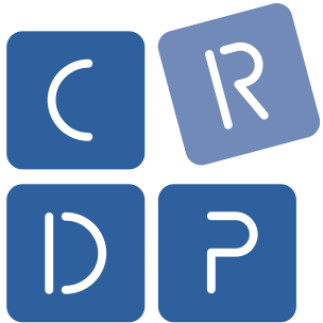Dans le cadre des Midi-conférences des jeunes chercheurs, le Centre de recherche en droit public est heureux de présenter la conférence de Pyeng Hwa Kang, candidat au doctorat en droit de l’Université de Montréal. Sa présentation s’intitule : « Racial Group Vilification in the era of Trumpism: Grasping the Harm from the Victim’s perspective ».
La conférence se tiendra en anglais et sera suivie d’une période de discussion bilingue, ouverte à tous.
Entrée libre
RESUME
In the rising culture of hate, it is easy to find the prevalent presence of hostile words – words that are meant to demean, malign, and belittle entire groups of people based on their fundamental characteristics or associations – in almost every corner of our daily lives. In the face of such toxic public discourse, it may be tempting to close our eyes and ears and become indifferent to wounding words. The conference is a critical inquiry into the notion of racial group vilification and its legal/constitutional dilemma vis-à-vis freedom of expression. In particular, the presentation seeks to underline the danger in overlooking the harm in such type of utterances by focusing on the harm in racially charged speech from the victim’s position and what we, as a collective and polyglot community, can learn from the Keegstra case.
SPEAKER
Pyeng Hwa Kang is currently a ph.D. candidate in the Law Faculty of Université de Montréal under the supervision of Professor Jean-François Gaudreault-DesBiens and Professor Noura Karazivan. He obtained his LL.B. from the Law Faculty of Université Paris V Descartes and holds an LL.M. specializing in Common Law and Comparative Law from the same university. His main areas of interest involve theories of law, comparative constitutional law (U.S. and Canada), and in particular freedom of expression and religion in postmodern pluralistic societies. His doctoral thesis is a critical inquiry into the reductionist concept of harm in group defamatory expression, predominant in the First Amendment jurisprudence’s struggle arising from the parochial constitutional interpretation and individualistic conception of free speech. In doing so, the thesis focuses on the notion of harm in group defamatory utterances of fundamentally discriminatory and vilifying nature from a communitarian view, redefining it as a form of harm to identity.
Cette activité ne fait pas l’objet d’une reconnaissance pour la formation continue au Barreau du Québec et à la Chambre des notaires du Québec. En conséquence, aucune heure de formation continue n’est attribuée à cette activité.


